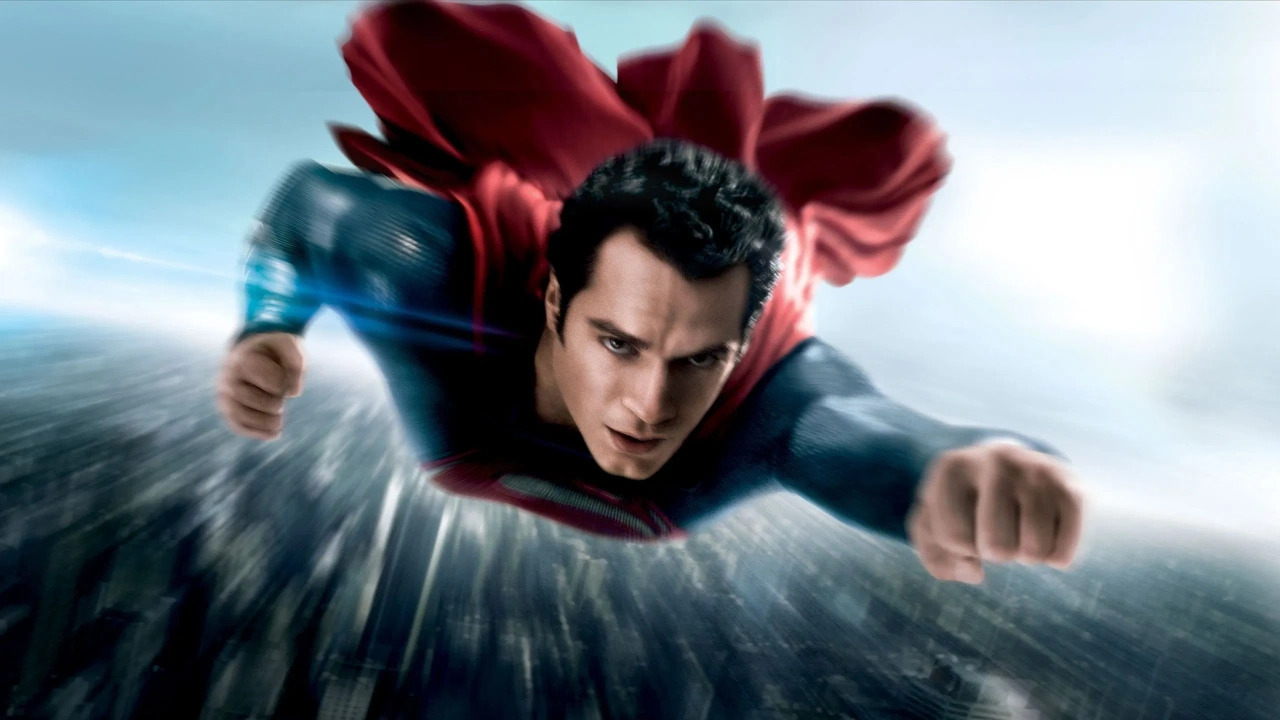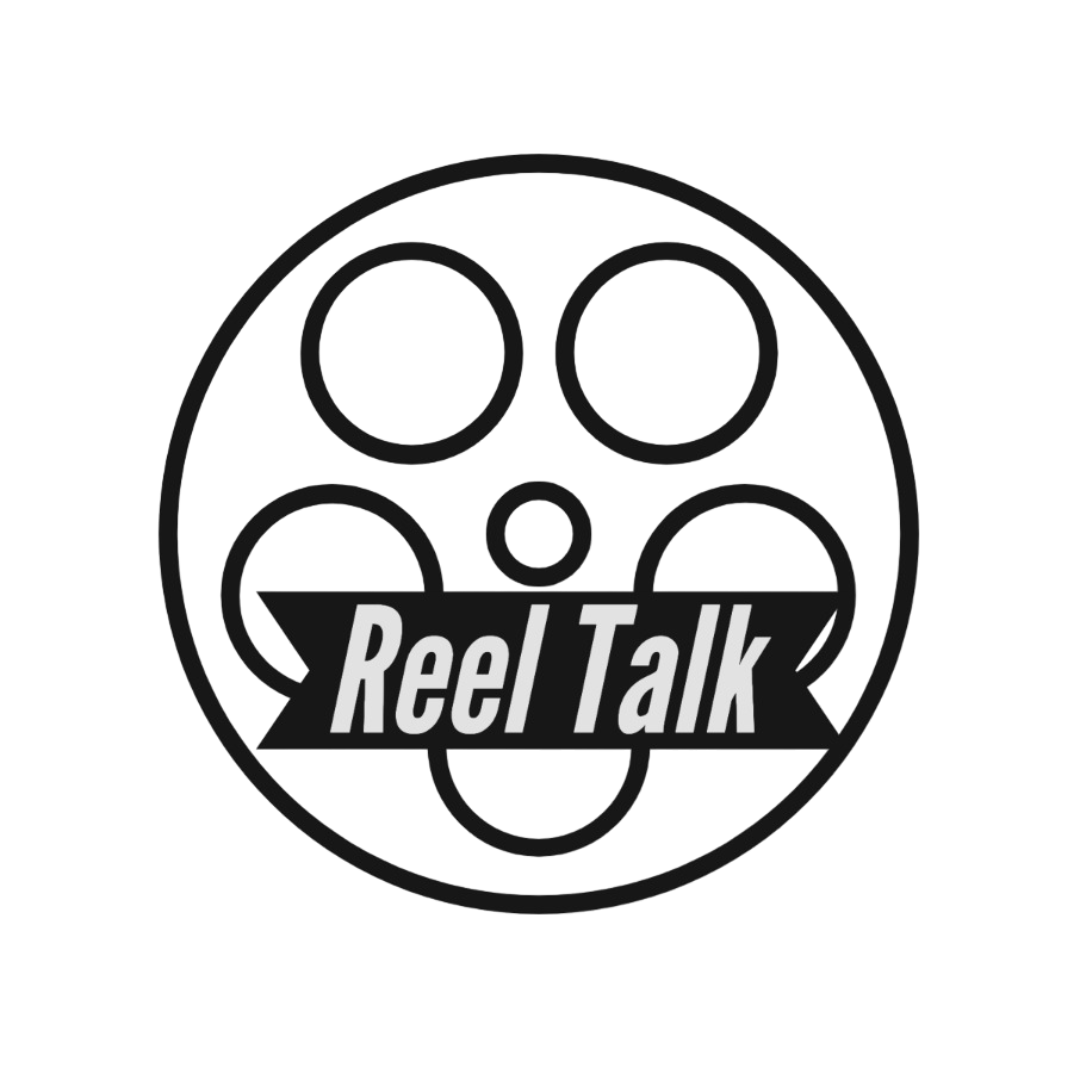Man of Steel
A man of a tomorrow I hope never comes
Action/Sci-fi ‧ 148 minutes ‧ PG-13 ‧ 2013

"You can save them. You can save all of them."
Man of Steel (2013) is a polarizing film, to say the least. Directed by Zack Snyder and starring Henry Cavill, Amy Adams, Russell Crowe, and Michael Shannon, it marks the first true reboot of Superman on film since Richard Donner’s 1978 classic. Like the 1986 comic book overhaul, it tries to modernize the character by making him more isolated, more uncertain, and more morally gray. Cavill’s Superman isn’t evil, but it’s clear that “truth, justice, and the American way” has been reinterpreted through a grim post-9/11 lens.
The film opens with the destruction of Krypton, and to my surprise, I was genuinely drawn in. What’s usually a quick bit of sci-fi exposition becomes an extended sequence about colonization and systemic collapse. Jor-El fights not for glory but out of desperation for his family. His decision to send his son to Earth isn’t framed as a holy mission, but rather his survival, plain and simple. When Jonathan and Martha Kent raise Clark, they don’t offer wise platitudes; instead, they just try to help him survive. It’s a unique angle, though I found it jarring when Jonathan implies Clark maybe should have let a bus full of kids drown or let himself die in a tornado. However, it's something new, and that should be commended.
The first half of the film alternates between Clark searching for his identity and Lois Lane searching for Clark. And this is where MOS briefly shines. The character writing and worldbuilding are strong. It offers a fresh take on Superman, and the “First Flight” scene, powered by Hans Zimmer’s incredible score, is one of the few moments where it truly feels like the Superman of the comic books. For a moment, you believe in this version. That he will become the symbol of hope even in this grimmer and darker world.
Then the second half begins, and everything falls apart. From Zod’s arrival to the end of the film, MOS becomes a nonstop, joyless barrage of destruction. The military steps in, Superman starts punching things, and the tone shifts completely. The hopeful, thoughtful buildup gives way to chaos: buildings collapse, civilians are obliterated, and Superman is right in the middle of it. The film seems more interested in spectacle than consequence, reducing the world’s most iconic hero to collateral damage. There’s no sense of restraint, no awareness of the horror unfolding onscreen.
And then there’s the ending. Superman snaps Zod’s neck (a decision worthy of its own critique), but instead of sitting with that weight, the film abruptly shifts into a cheerful coda. Clark gets a job, shares a knowing smile with Lois, and delivers a line that’s almost a wink at the camera. It’s completely out of step with everything that came before it. This isn’t a tonal contrast; it’s tonal whiplash. It suggests Snyder gets Superman but chooses to twist him into something unrecognizable, in a film that can’t decide if it wants to be hopeful or nihilistic.
In the end, Man of Steel is frustrating. The first half shows real promise. The second half squanders it. It’s a technically impressive film (gorgeously shot, brilliantly scored) but emotionally hollow. Cavill does what he can, and there’s potential here. But it’s buried under rubble, both literal and metaphorical. I give it a 3.5/5. Man of Steel could have been something great. Instead, it’s a cautionary tale of style over substance.
(Batman v Superman is just bad. Don’t waste your time.)
